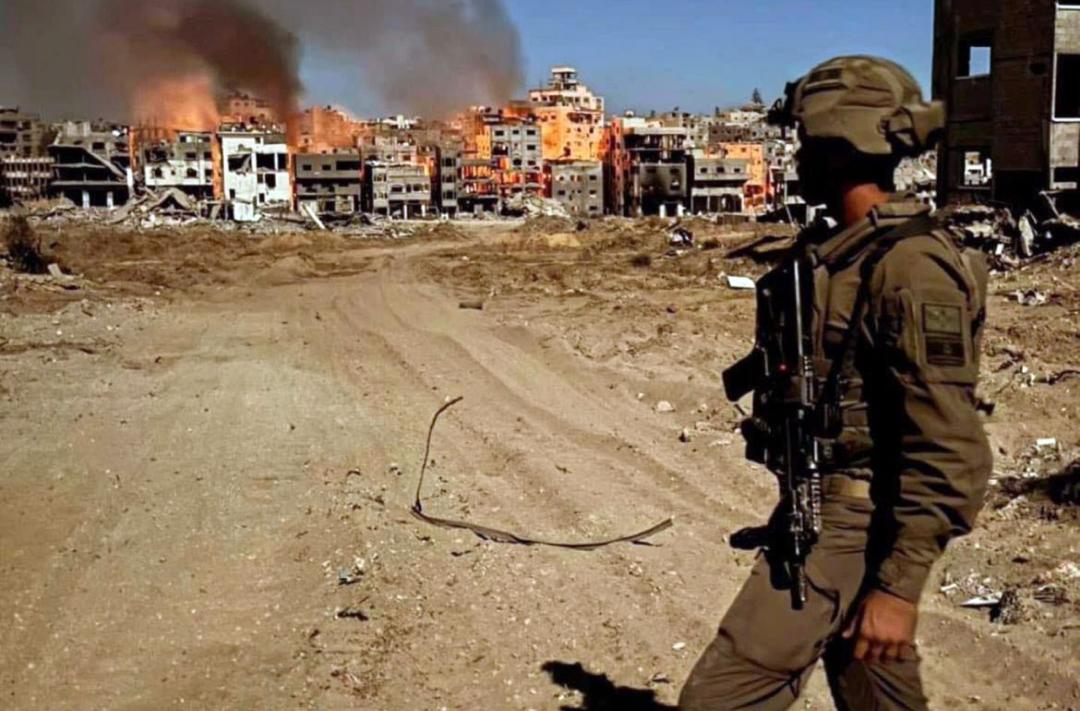As Gaza enters its 398th day of sustained bombardment, Palestinian officials report a catastrophic toll: over 43,000 lives lost, more than 102,000 injured, and widespread destruction of homes, schools, and hospitals. In Gaza alone, airstrikes have devastated communities, with women and children bearing the brunt. According to recent statistics, 11,923 students have been killed, 19,199 injured, and 341 educational buildings targeted, of which 77 have been obliterated.
The scale of destruction has been massive. The Israeli military has dropped 85,000 tons of explosives on Gaza, surpassing the tonnage used in some of World War II’s deadliest campaigns and deploying banned weapons like white phosphorus. The result is a near-total breakdown of Gaza’s infrastructure: 96 percent of its population now faces critical food insecurity, with only 4.74 liters of water available per person per day — well below emergency standards and less than a single toilet flush.
A report from the Watson Institute for International and Public Affairs paints a dire picture: 90 percent of Gaza’s population has been displaced, forced into makeshift shelters with limited food, water, or medicine. Hospitals are overwhelmed; of the 36 medical facilities in Gaza, only four remain undamaged. The UN reports that 880 healthcare workers have been killed in the violence, and hundreds of thousands of residents now face imminent threats of disease, famine, and violence.
Adding to the toll, Israel’s attacks have targeted shelters and evacuation sites. At least 520 displaced individuals sheltering in UNRWA schools and facilities were killed in strikes, and nearly 200 UNRWA staff have lost their lives in Gaza since the beginning of hostilities. UN and humanitarian agencies have pleaded for an end to the assault. In a joint statement, 15 UN agency leaders called for Israel to halt attacks, stating that Gaza’s remaining population is at “imminent risk of dying from disease, famine, and violence.”
The U.S. has continued substantial military support for Israel, spending an estimated $22.76 billion on military aid and regional operations over the past year, while international leaders’ calls for de-escalation have gone largely unheeded. Palestinian Ambassador Abdullah M. Abu Shawesh called out the global community’s inaction, saying, “The world pledged to leave no one behind, but Palestinians have been left entirely on their own.”
As Gaza’s population faces this relentless siege, Palestinian leaders urge the world to act on the commitment to human rights, warning that the global community’s silence has allowed the humanitarian crisis in Gaza to spiral into a tragedy of unprecedented scale.











